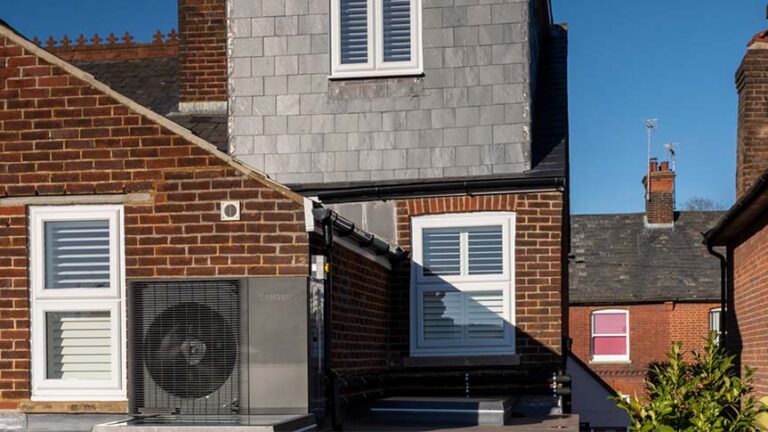Understanding your business energy bill – what you should know

Sometimes, trying to make sense of your business energy bill can be a rather stressful process.
Aside from what at first glance appears to be a collection of random figures, the thought that you could be overpaying for your gas and electricity can add to that feeling of anxiety.
It is an unfortunate fact that many businesses lose out on energy savings without even knowing it, purely because they don’t know how to scrutinize their bills properly.
As a business, we understand that what matters most is the bottom line. Cheaper energy bills can mean higher profits or result in extra cash being available to spend on more productive areas that could help your business grow.
Our experienced Utility Bureau team specialise in the field of bill validation, handling over 300,000 bills annually and saving our clients up to 15% each year on their utilities, enabling them to worry much less about their outgoings, and concentrate more on the core side of their organisation.
As bill validation can be a complex and time-consuming process, involving deep data analysis, investigation of inconsistencies, resolution of disputes and recovery of overpaid monies, we believe it is a task best left to the experts.
However, there are certain things you can do right now in order to gain a greater understanding of your bill.
Check your meter number
It may sound obvious, but the first thing you should do – especially if your business has just moved to a new site – is make sure that you’re being charged for the correct meter. Locate your MSN (Meter Serial Number) on your bill and cross check it with your actual meter. Does it match? If it doesn’t, it can be a tricky process getting this changed once you’ve already started paying for the energy supply. It’s best to ensure this is right straight away.
Check your meter reading
The major benefit of smart meters is that they accurately record usage with the purpose of providing precise billing. Regardless as to whether you have a smart meter installed or if you still receive estimated bills, you should always check the reading on your bill against your actual meter reading. Consumption is one of the key drivers of energy invoicing, so it always helps to be diligent and ensure that your bills match what you’ve used.
Check your tariff against your contract
Is it correct? If not, then contact your supplier – they should tell you at least 30 days before any price increases (that is unless you’re on a staggered or flexible tariff). If you do not have a contract, you may be paying default rates which could be as much as double what you would pay on agreed contract rates. As it happens, our energy procurement team are perfectly placed to manage this process on your behalf. Working openly and impartially with all UK energy suppliers, we can secure your business the most appropriate and best value contract. Get in touch!
Check additional costs
Though additional costs are generally rising, it’s still important to make sure you’re not being overcharged. Electricity half-hourly invoicing, for example, contains a greater level of additional charges than non-half-hourly such as DUoS and TUoS, agreed capacity levels and industry dictated rates, reactive charges, triad charges and more, depending on the level of detail of your contract with the supplier. You need to be sure that these charges are relevant to your supply type.
Furthermore, some charges are based on consumption thresholds, including the Climate Change Levy and VAT. If you are a low consumer, you should establish whether or not you are below the threshold.
And lastly, but perhaps most importantly…
If you are unsure about any aspect of your energy bill, the best advice we can give is to contact your supplier. It is in their interest to help you resolve any issues you might have – and will be happy to do so.
Alternatively, get in touch with your energy consultant, if you have one. Expert consultants like us have excellent relationships with energy suppliers, allowing us to assist you in any billing matters as quickly and smoothly as possible.
Want more advice on how to understand your bill or negotiate better contracts?
Contact us now on 02920 739 540 or email us and we’ll call you back.


